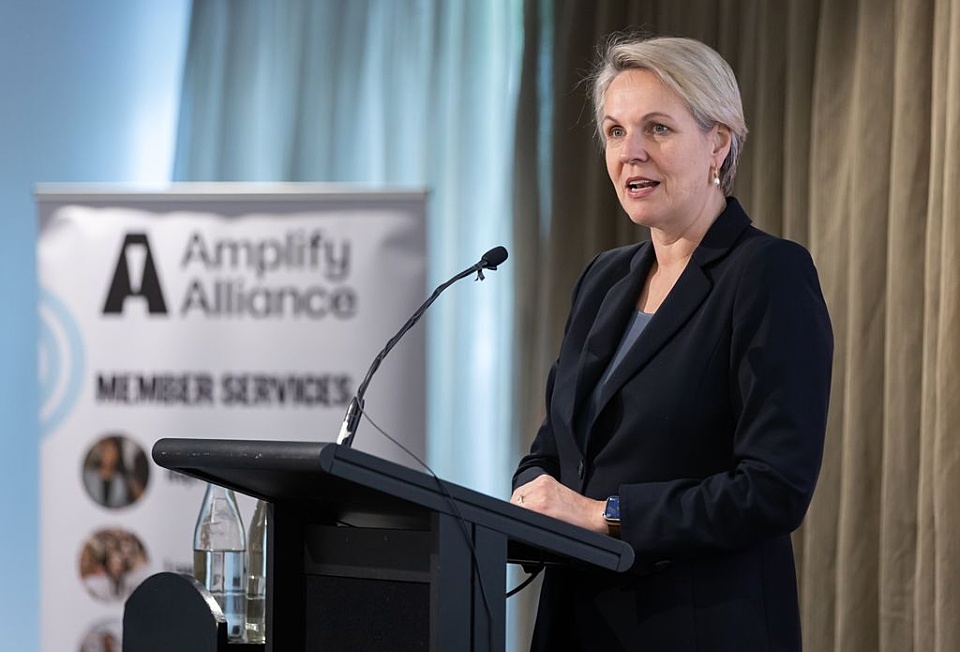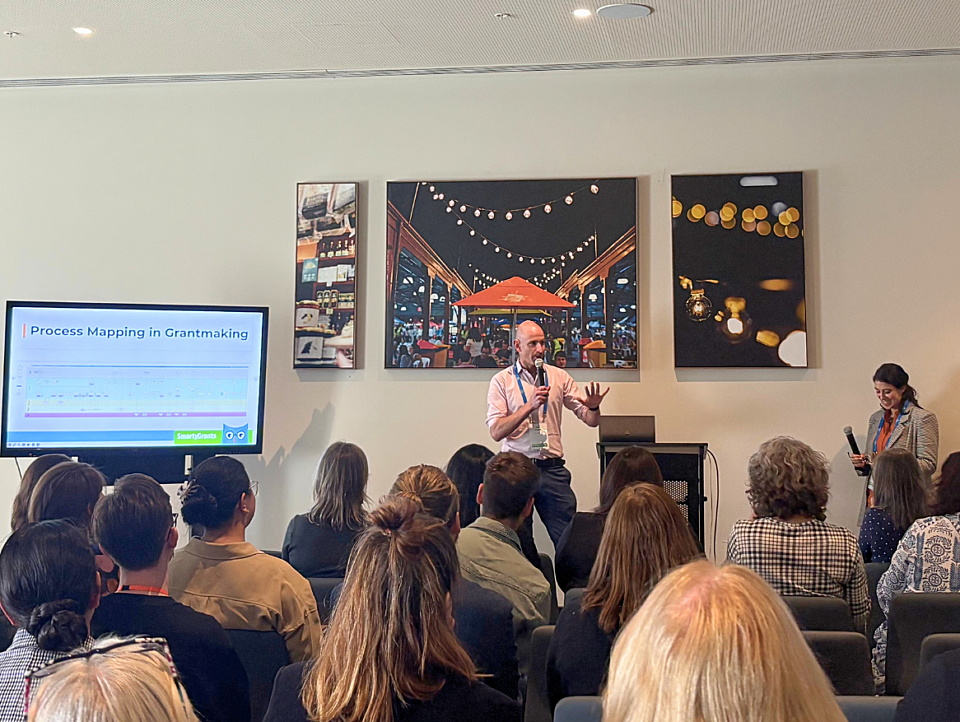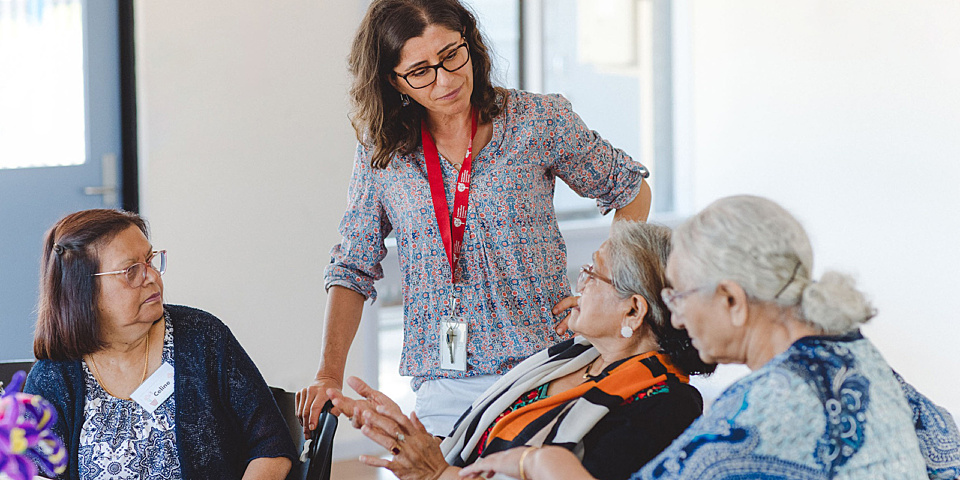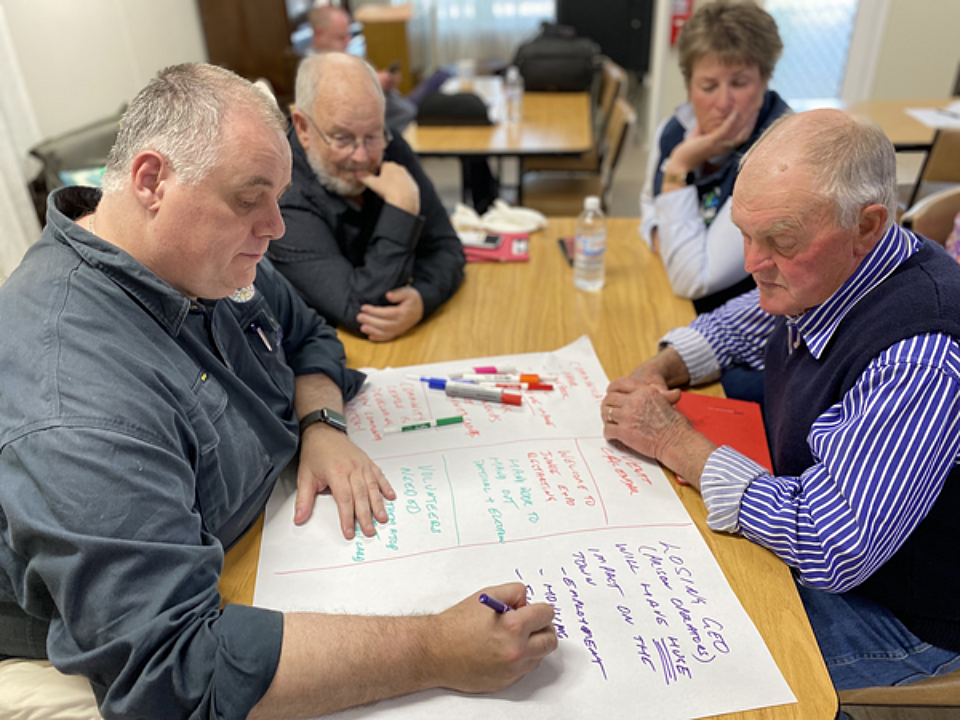
Feds flag human services grants shakeup
Posted on 15 Dec 2025
The federal government is trialling longer-term contracts for not-for-profits that deliver…
Posted on 10 Jun 2025
By Greg Thom, journalist

While an overwhelming 97 per cent of Australia’s top 100 companies report on their social impact, most disclosures are narrow in focus, inconsistent in quality and difficult to compare, according to new research.
The study by the Centre for Social Impact at the University of NSW revealed “significant weakness” in how corporate Australia tracks and reports its social impact.
Researchers said this could lead to companies’ broader impacts on communities, supply chains and human rights going largely unmeasured.

The State of ‘S’ Reporting in ESG: Unlocking Corporate Social Impact Opportunities also confirmed a concerning decline in ASX100 firms disclosing social risks between 2023 and 2024.
ESG stands for Environmental, Social and Governance measures and is a framework used to assess an organisation's sustainability and ethical impact.
The criteria have become increasingly important in recent years as a way for investors and other stakeholders to evaluate how well a company manages its impact on the environment, its relationships with society, and its corporate governance practices.
Associate Professor Melissa Edwards, who led the research, said corporate social impact isn’t just about internal culture or charitable donations.
“It’s about how a company operates in society – its value chain, its customers, its communities. Without standardised metrics, we’re just counting inputs, not measuring outcomes.”
The Centre for Social Impact report revealed:
“By going beyond basic box-ticking, boards will be able to make data-driven decisions that foster long-term community benefits, build deeper stakeholder trust, and enhance their reputation as leaders in social impact.”
The report found that topics under-reported by top companies included non-compliance with social laws, (reported by 13.98 per cent of ASX100 companies in company reports), human rights clauses in contracts (22.58 per cent) and product and service safety impacts (16.13 per cent).
Edwards said the successful implementation of climate impact disclosure and reporting frameworks provided a blueprint for advancing social impact reporting.
“In the past, environmental sustainability has received more attention, and this is largely because measuring social outcomes can be more challenging than environmental,” she said.
The research identified three factors preventing effective social sustainability reporting:
Edwards said that by addressing the complexities in the "Social" element of ESG reporting, companies could be better placed to understand the extent of their social impact.

“By going beyond basic box-ticking, boards will be able to make data-driven decisions that foster long-term community benefits, build deeper stakeholder trust, and enhance their reputation as leaders in social impact,” she said.
Edwards said mandated climate impact reporting had transformed environmental disclosures, helping to prevent greenwashing through stronger assurance standards, and it was time to apply the same level of rigour to social impact.
“The frameworks are there; we just need to build the systems to support them.
“This shift not only benefits society but also unlocks new business opportunities and mitigates future risks, positioning companies for sustainable growth in an increasingly sustainability-conscious market.”
Professor Danielle Logue, director of the Centre for Social Impact, said companies that scale back their social commitments risk more than reputational damage.
“They risk losing the trust of their employees, customers, and communities. Walking back from these commitments signals risk, not strength.”

Posted on 15 Dec 2025
The federal government is trialling longer-term contracts for not-for-profits that deliver…

Posted on 15 Dec 2025
A Queensland audit has made a string of critical findings about the handling of grants in a $330…

Posted on 15 Dec 2025
The federal government’s recent reforms to the Commonwealth procurement rules (CPRs) mark a pivotal…

Posted on 15 Dec 2025
With billions of dollars at stake – including vast sums being allocated by governments –grantmakers…

Posted on 15 Dec 2025
Nearly 100 grantmakers converged on Melbourne recently to address the big issues facing the…

Posted on 10 Dec 2025
Just one-in-four not-for-profits feels financially sustainable, according to a new survey by the…

Posted on 10 Dec 2025
The Foundation for Rural & Regional Renewal (FRRR) has released a new free data tool to offer…

Posted on 10 Dec 2025
A major new report says a cohesive, national, all-governments strategy is required to ensure better…

Posted on 08 Dec 2025
A pioneering welfare effort that helps solo mums into self-employment, a First Nations-led impact…

Posted on 24 Nov 2025
The deployment of third-party grant assessors can reduce the risks to funders of corruption,…

Posted on 21 Oct 2025
An artificial intelligence tool to help not-for-profits and charities craft stronger grant…

Posted on 21 Oct 2025
Artificial intelligence (AI) is becoming an essential tool for not-for-profits seeking to win…